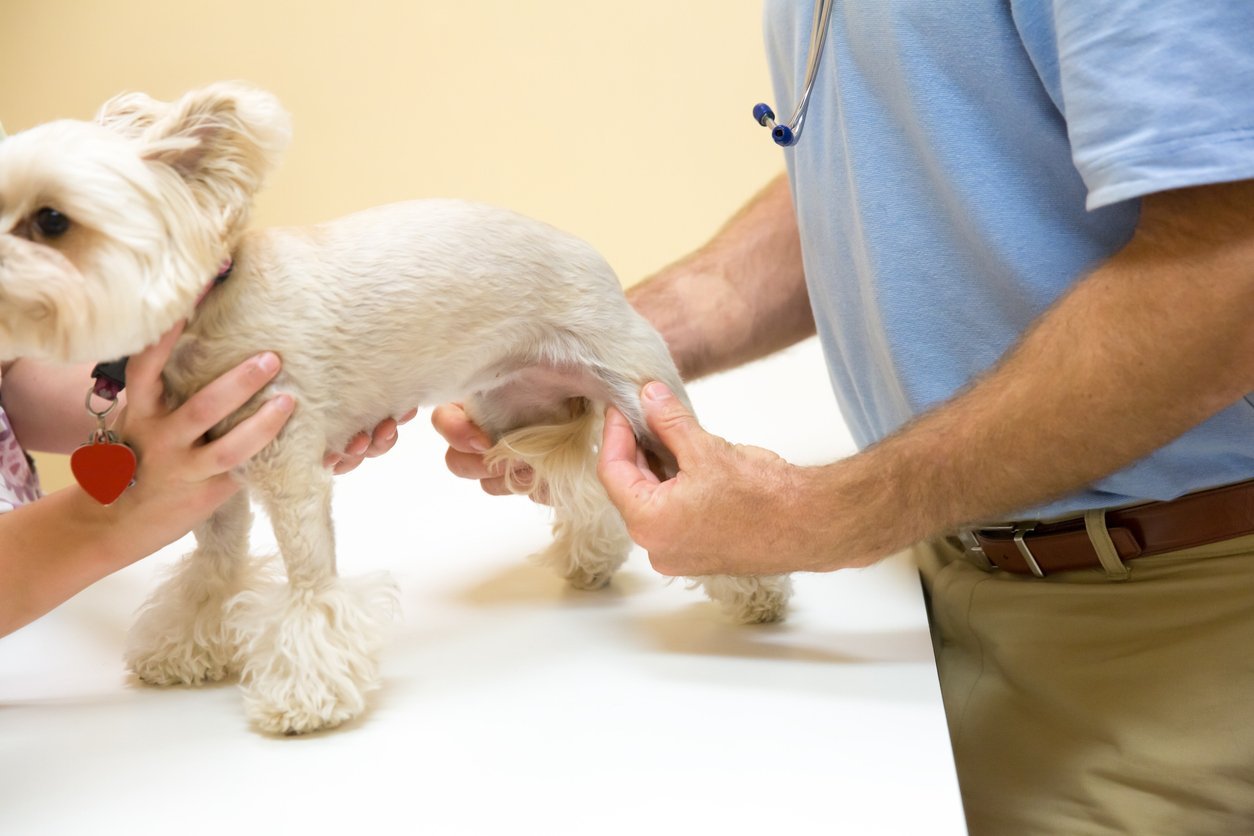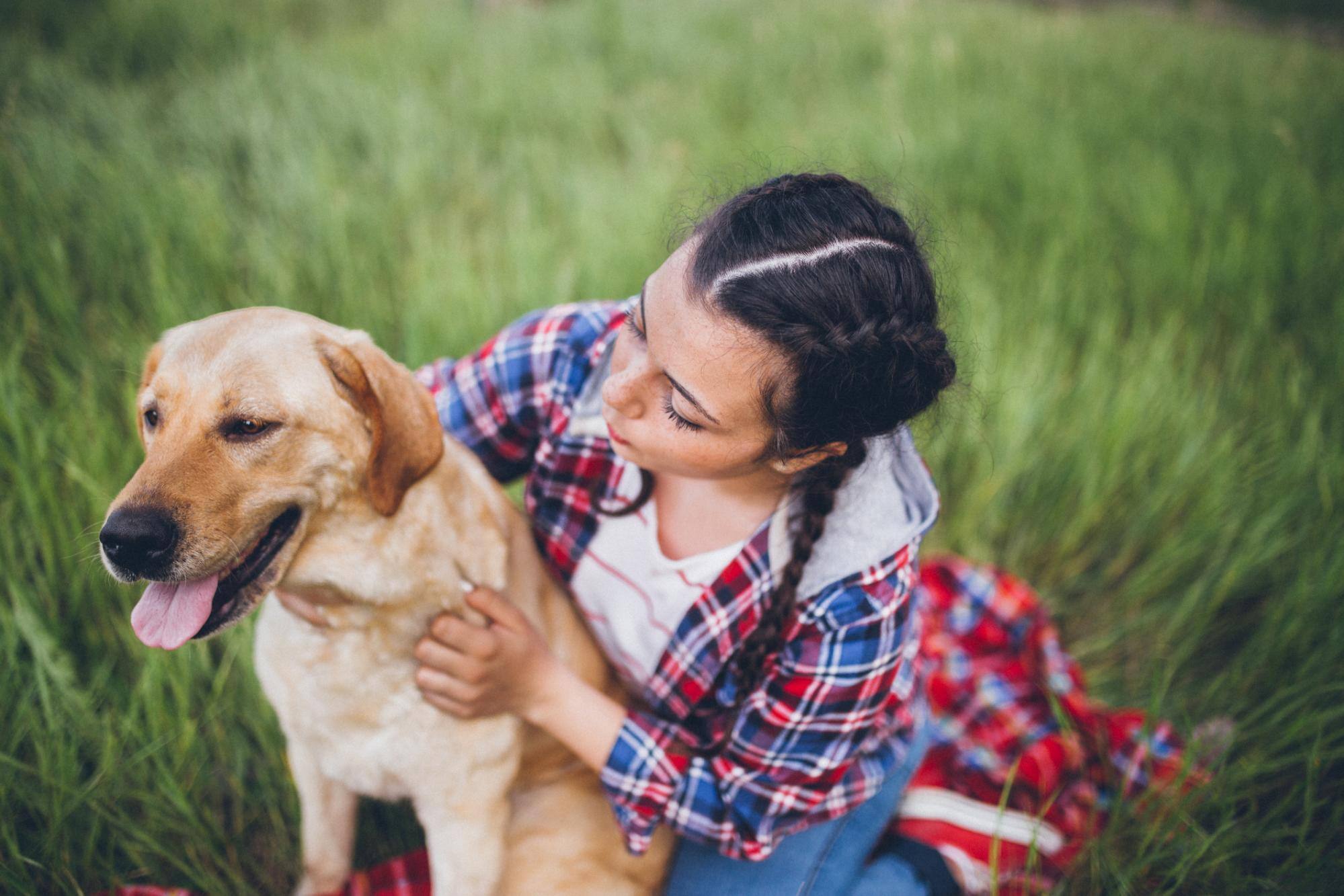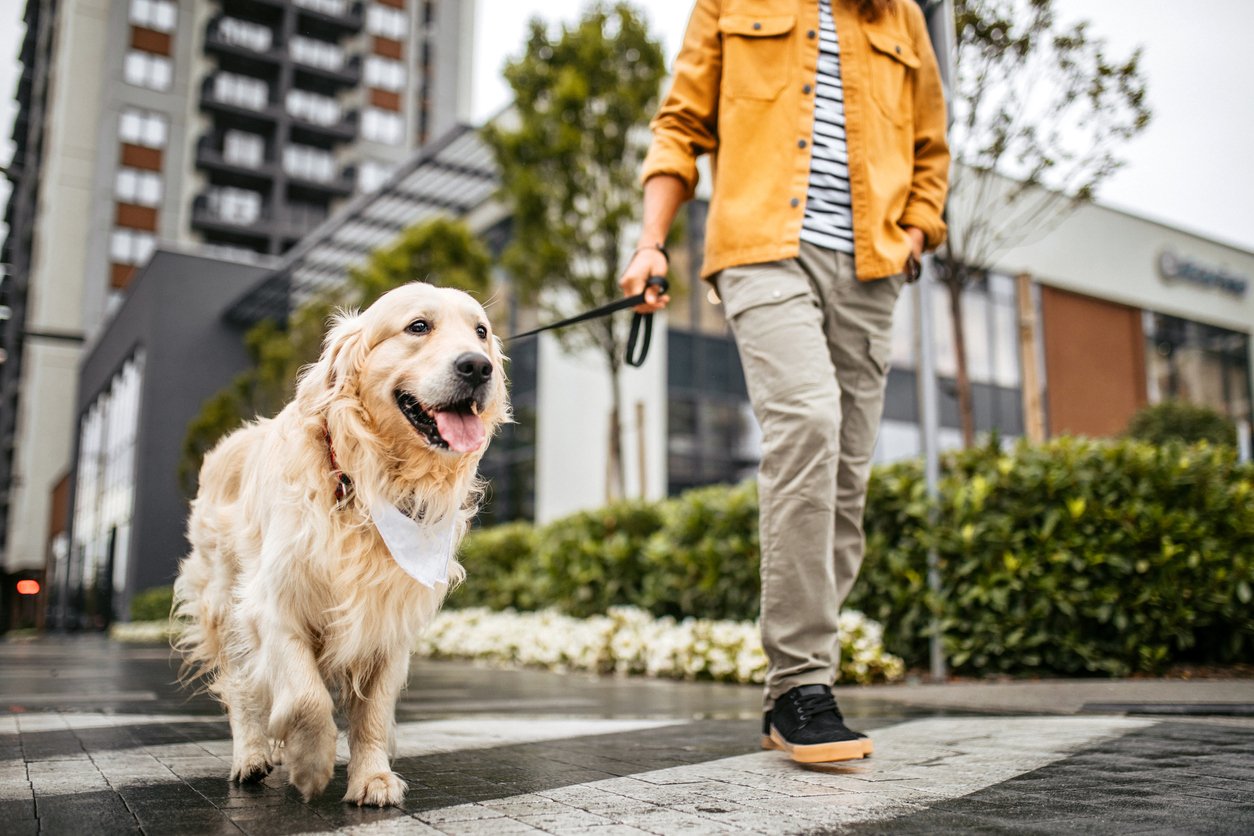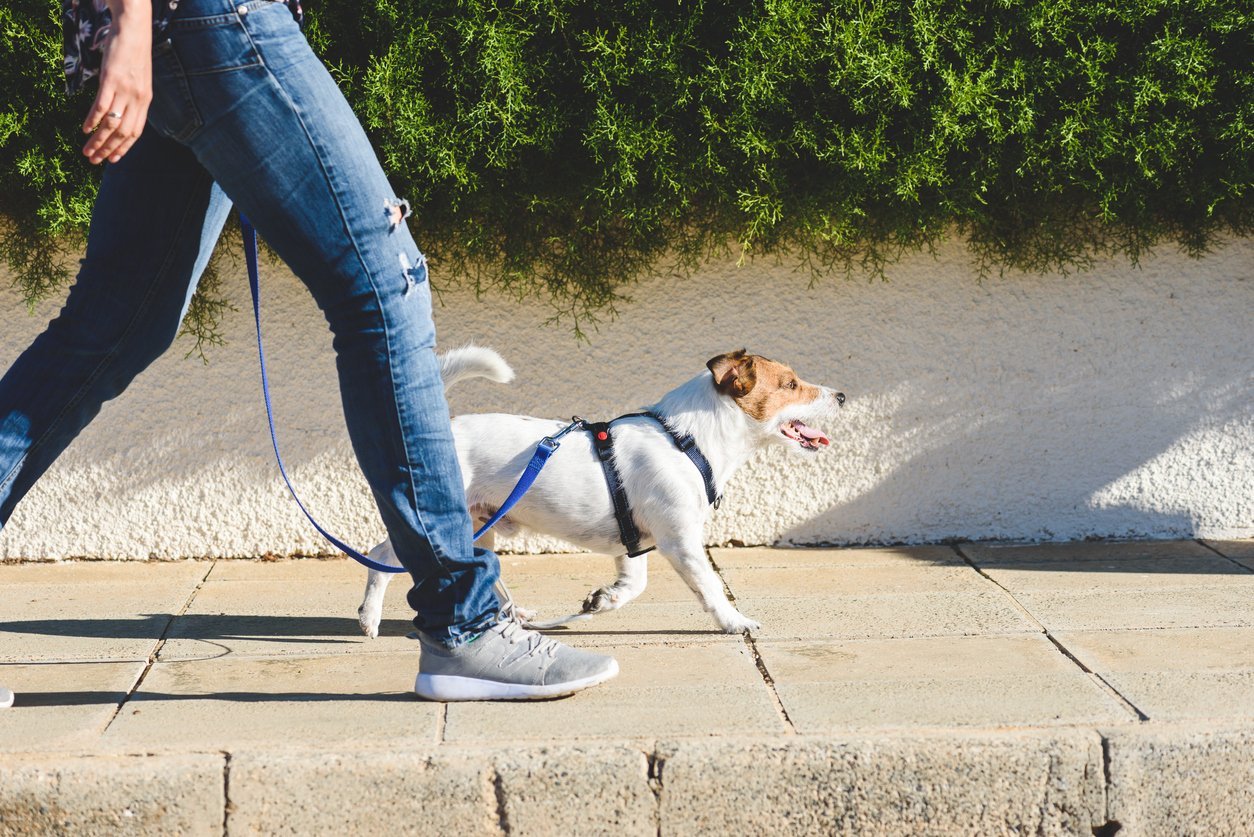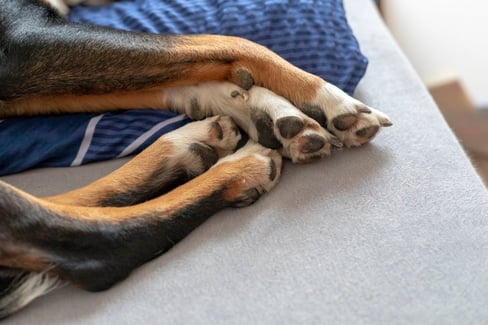Table of Contents
What Is A Luxating Patella And What Causes It?
The patella is more commonly known as the kneecap, and ‘luxating’ means dislocated – so a luxating patella in your dog means a simple dislocated kneecap – a kneecap which has slid out of its protective housing. While this sounds like a simple matter, when the luxating patella is recurring, it causes great discomfort for our dogs. Some dogs are more prone to luxating patella than others, including toy breeds, miniature terriers, or French poodles, due to a genetic predisposition.
While most of the time a luxating patella in dogs is a temporary condition that resolves itself, an ongoing issue may require veterinary attention and in some cases even surgery. Luckily, there are measures to take for prevention.
Preventing Luxating Patella In Dogs
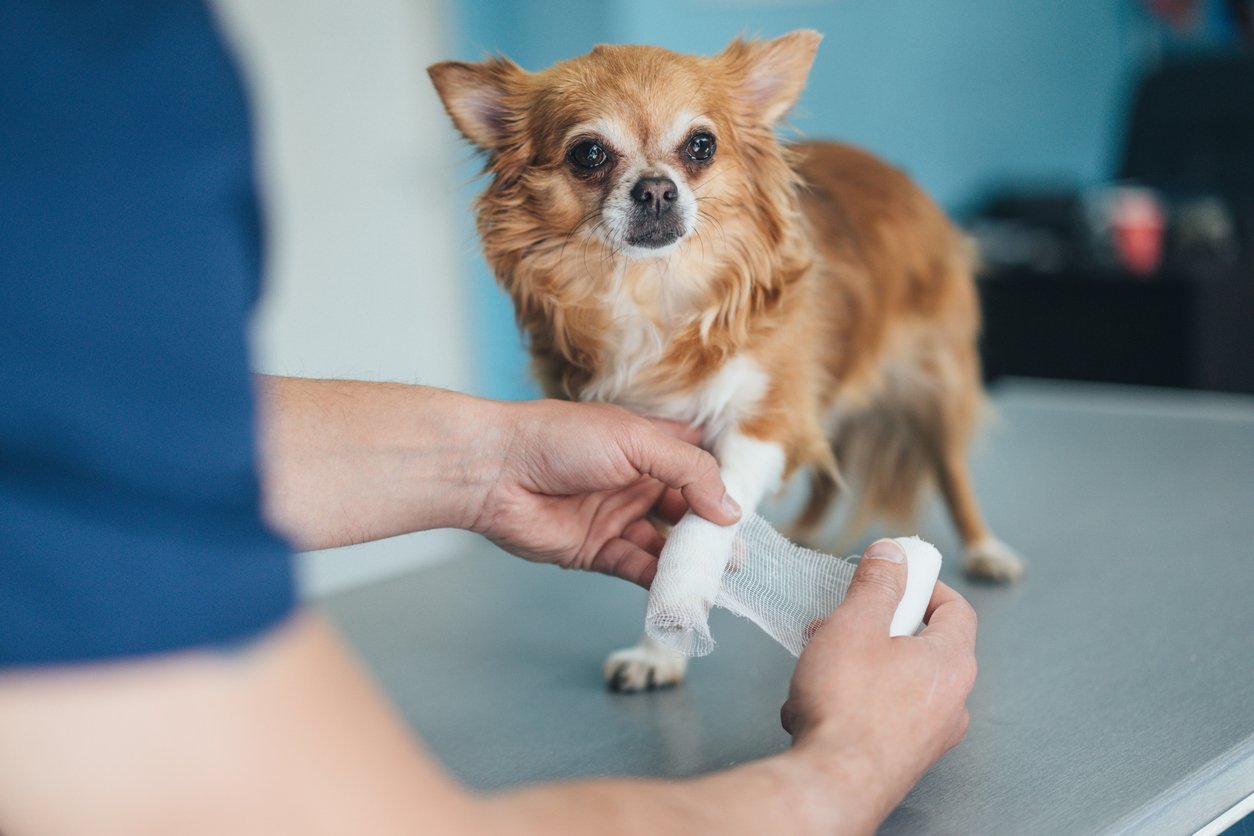
One of the easiest ways to prevent a luxating patella in dogs is to maintain the ideal weight for your dog’s breed. Feeding your dog a specially curated raw food diet can ensure they’re getting all of the nutrients they need and ensuring their vitamin intake is maintained. Essential fatty acids and glucosamine can be added to the diet to keep the joints lubricated and promote cartilage growth and health.
Exercising your dog on a regular basis can do wonders for their joints and bones, simply by keeping those muscles around them limber and the joints moving. This will keep your dogs’ joints healthy and help prevent a luxating patella.
Joint supplements such as glucosamine and chondroitin both play a large role in keeping optimal bone and joint health in your dogs, as both of these work together to promote healthy growth of collagen within the cartilage, offering more protection to your dogs’ joints.
Signs of Luxating Patella
1. Limping
When your dog is in pain, understandably they’ll be showing it generally by limping when putting pressure on the leg with the luxating patella. Dogs are excitable creatures and when they become excited, they may take less care to watch out for their sore leg, causing them to wince in pain.
2. Lethargy
A dog in pain also may not want to be physically active whatsoever, so even the word ‘walk’ may not rouse them when their joints are sore. If your dog is lethargic and hesitant to spend time being active, there may be an underlying cause of pain, which could possibly be a luxating patella.
3. Excessive Licking
Dogs, when they experience pain in their bodies, will often lick at the wounds to attempt to heal them and soothe themselves. If your dog is excessively licking at a kneecap, there’s a high chance they’re experiencing pain in that area.
4. Avoid the Use of One Leg
Is your dog running along with a hop? When your dog is holding one leg up, and literally hopping about, this is a telltale sign of a luxating patella no matter how cute it may look, trust that your dog is avoiding the pain of using the leg.
How Can Joint Supplements Help With Luxating Patella In Dogs?
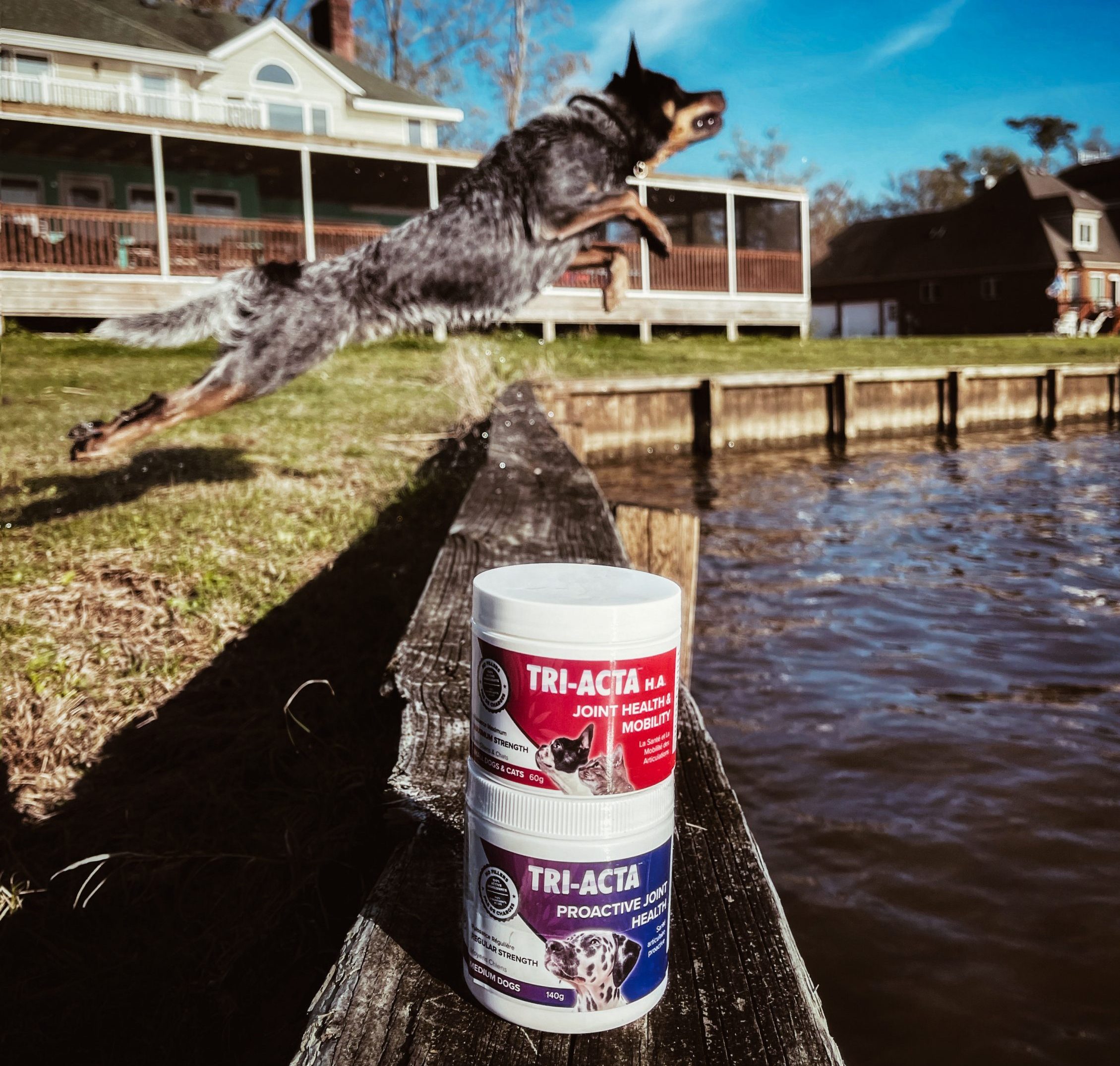
A luxating patella in dogs can be a long-term diagnosis, and most commonly will require surgery. While your dog may be able to bear the discomfort, we don’t want our canines to have to go through any unnecessary pain. When you notice your dog limping, or avoiding the use of one leg, it’s best to take them into the vet for an assessment. Leaving luxating patella unattended can cause more serious issues such as muscle tears, ligament strains, and unnecessary inflammation.
While more serious cases of the luxating patella may require surgery, mild or occasional flare-ups can be caused by exertion. At the discretion of a veterinarian, mild cases may be left untreated, so long as it doesn’t cause the dog any unnecessary pain. One other consideration is that the movement of the kneecap can cause friction on the cartilage and lead to increased wear and tear. Dogs that have a luxating patella may also develop osteoarthritis at earlier stages in life.
To maintain bone and joint health, and to promote cartilage growth in the kneecaps by supporting the formulation of collagen, the use of glucosamine and chondroitin can benefit your dogs greatly in aiding with luxating patella, slowing the onset of osteoarthritis, and any discomfort that may occur.
We have two types of pet supplement: TRI-ACTA and TRI-ACTA H.A. TRI-ACTA is the regular strength version with a blue label for general prevention, whereas the red label TRI-ACTA H.A. is designed for older dogs and those recovering from injuries. Our supplement contains glucosamine and chondroitin with MSM and hyaluronic acid, which is shown to slow or prevent the degeneration of bone and cartilage, strengthening your dog’s kneecaps and helping with a luxating patella. Additionally, MSM works as an anti-inflammatory to soothe sore muscles. Hyaluronic acid relieves any swelling in the joints, allowing your dog’s kneecaps to return to their healthy state quickly.
Learn how TRI-ACTA can help with your dog’s joint and bone health today, whether they’re suffering from a luxating patella or you simply want to get a head start on preventative measures. No matter your dog’s age, they can benefit from TRI-ACTA supplements to keep them healthy!
Newsletter Signup
Subscribe to our newsletter to receive the latest news and exclusive offers.
.jpg?height=2000&name=Cliick_Integricare-DISPLAY-REVISEDV2%20(1).jpg)
Proactive & Therapeutic Joint Supplements
When given daily, Integricare joint supplements recover bone and joint injuries faster and help prevent mobility injuries from happening in the first place.

